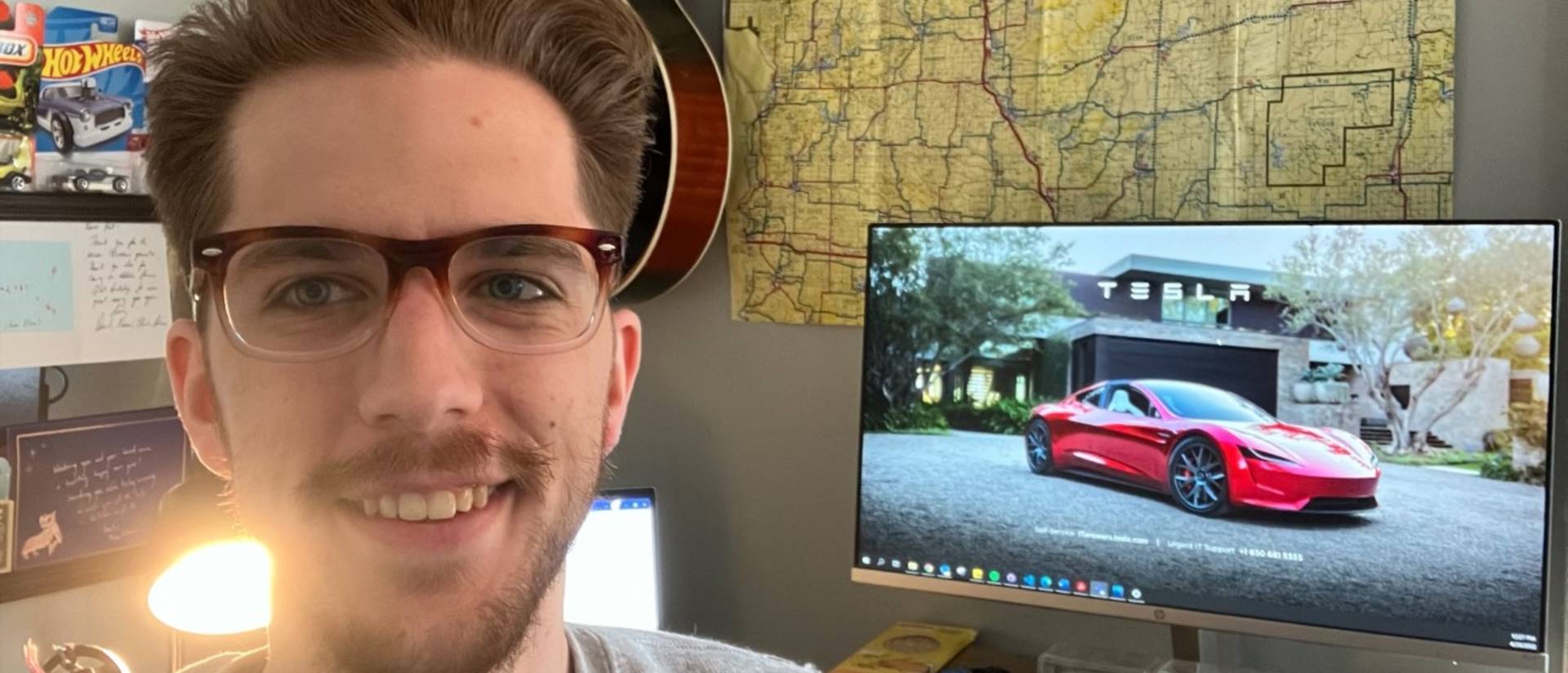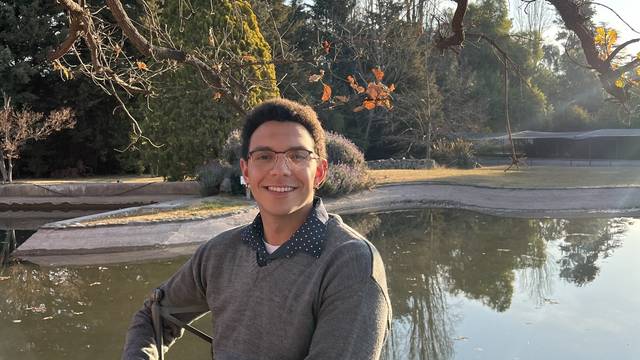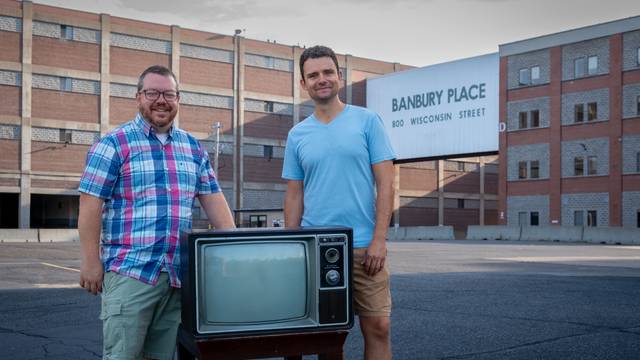Paul Unnasch isn’t your typical student. After finding his passion for the English Department’s Rhetorics of Science, Technology and Culture emphasis, he quickly began seeking opportunities beyond the classroom to put his skills to work. His first stop was an internship at Realityworks in Eau Claire, an experience that soon led him to a second internship experience at Tesla, Inc. Paul graduated in the spring of 2022 and is already settling into a new job at Rockwell Automation in Milwaukee. We recently had a chance to chat with Paul about his educational journey and learn some tips for current students.
Professor Hollars: Tell us about technical writing. What does it entail and what are its challenges?
Paul: In general, it entails making complex information understandable by a wider, or a targeted audience. Manuals, diagnostic information, how-tos, etc. The range of fields a tech writer can find themselves in is wide, but the concept is usually the same.
For instance, a chemist may be able to explain how and why Diet Coke and Mentos, when put together cause the reaction that they do, likely at the molecular level.
A technical writer would simplify any jargon. Instead of going to painstaking detail, they provide just enough information for the reader (end User) to grasp the concept.
One of the challenges in tech writing, honestly, is getting information from subject matter experts (SMEs). SMEs are busy people, and their time is incredibly valuable. So, one must learn to extract sufficient information from them while also respecting their time. Striking that balance is critical, and good interpersonal skills are an absolute necessity for this role. This cannot be taught in the classroom.
Another challenge is keeping expectations in scope. So, these expectations must be clearly defined at the beginning of any project. It’s easy for a project to go off the rails or down the rabbit hole. You were hired to make it simple, so keep it simple.
Professor Hollars: What were some of the most valuable lessons you learned throughout your internship experiences?
Paul: I had to learn how to work with people of entirely different disciplines, educations, and personalities.
Especially in my time with Tesla, it was helpful to find a few solid folks within the organization that I knew I could depend on for reliable information and feedback. Throughout the 11 months I was there, I’d say I had three or four go-to people on a steady rotation.
If you’re not organized, working for Tesla will make you organized. I found a way to prioritize my tasks and deadlines. Check out the Eisenhower Priority Matrix. When things start to seem hellish, spend five minutes and plot tasks on that thing. You may have 10 tasks going on at once, but once you know where they lie in importance and urgency, it's much easier to sleep at night and enjoy your job.
I’ve found that understanding and being able to communicate my limits was a challenge initially (I was once a “yes man”), but what I learned early on is that your peers and managers will greatly appreciate you communicating these things. You don't have to know everything, and you don't have to say yes to everything.
I learned how to ask targeted and specific questions, and generally just be more direct with what I need, information-wise.
Professor Hollars: What advice would you give UWEC undergraduates regarding stepping out beyond the classroom?
Paul: First, you’re not just in school to train for a job. You’re here to learn. While you’re still here, take advantage of the fact that you are literally surrounded by experts who want to share their knowledge with you. Squeeze every drop out of this education opportunity.
Embrace failure, and plan for things to not go according to plan. Your success is dependent on you being able to handle these things well.
Get really good at a couple of things that you can put your name on, then get good at something (or a few things) entirely outside your field of study. With that in mind, don’t market yourself as a “jack of all trades.” You’re a specialist who also has other skills.
Fear is a good motivator when it’s put in the right place (behind you, not in front of you).
Ask questions. Ask questions. Ask questions.



